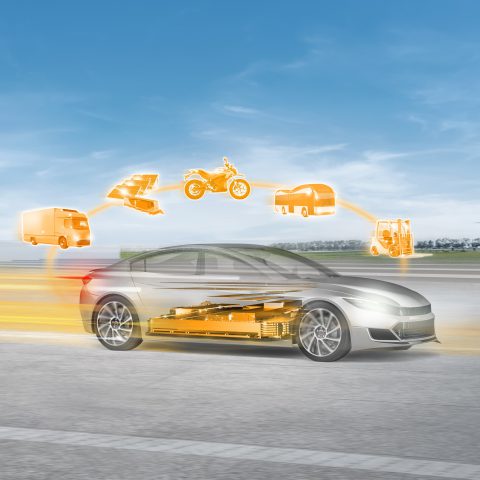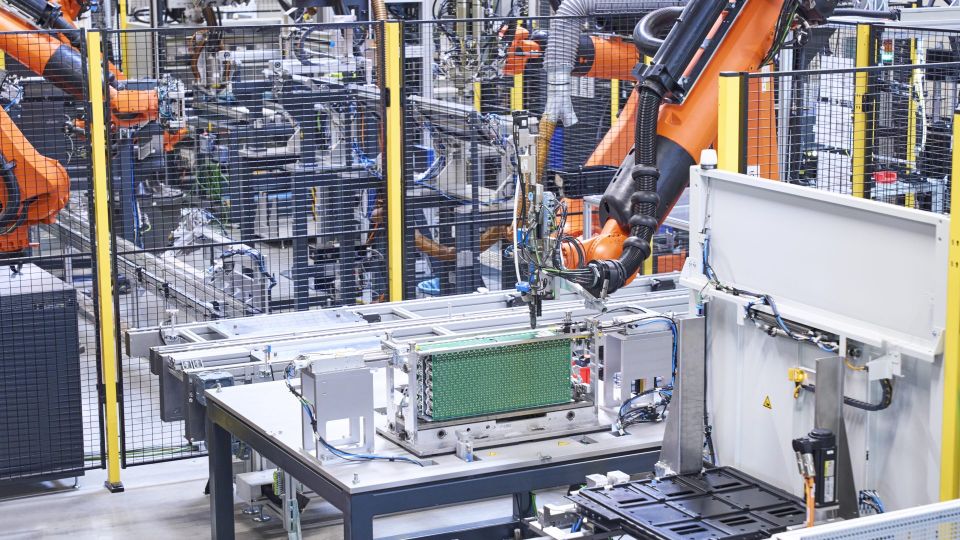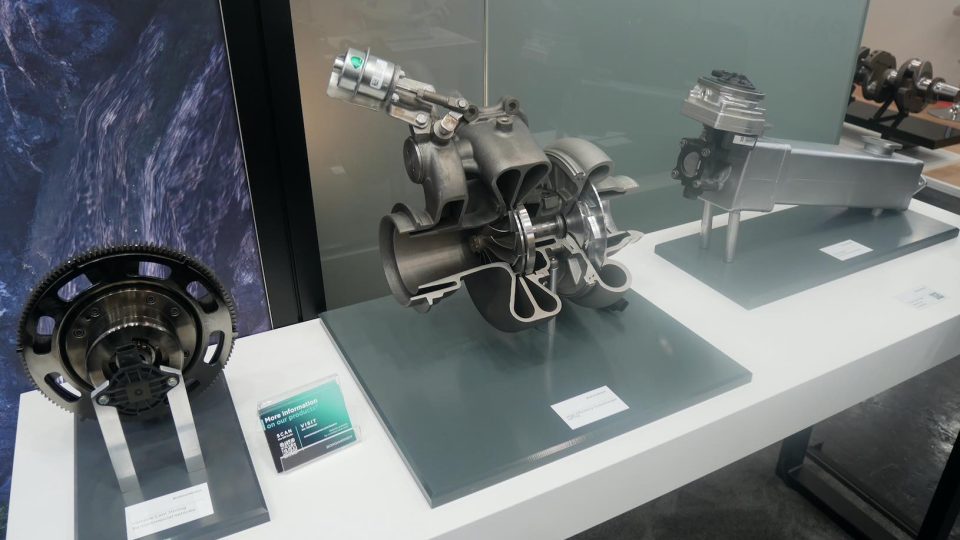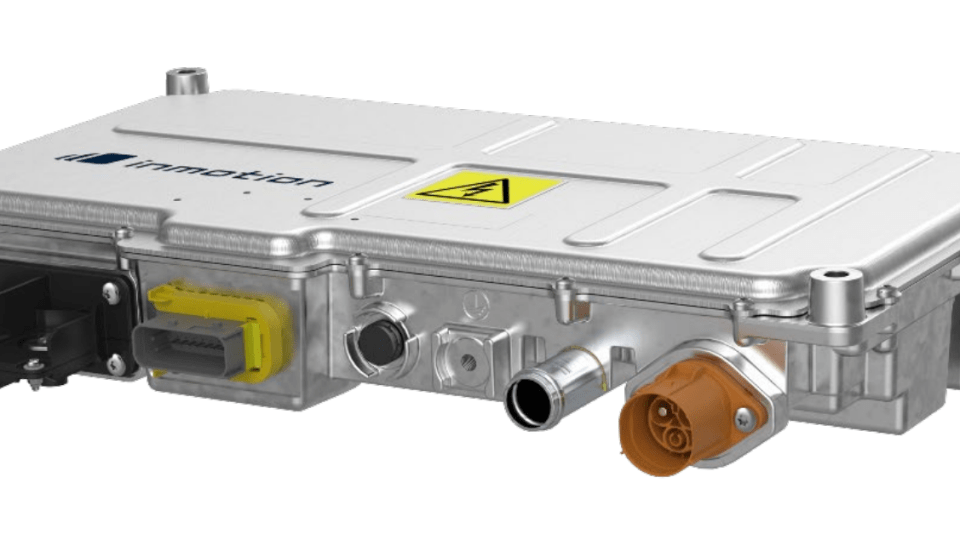USABC (United States Advanced Battery Consortium) awards contract to Farasis Energy USA
The United States Advanced Battery Consortium (USABC) earlier this year announced a $2.6 million contract to Farasis Energy USA in Hayward (California) to develop beyond lithium-ion battery technologies. The program goal is to develop a lithium metal-based anode with nickel-rich cathode and liquid electrolyte battery technology for EV application.

The United States Advanced Battery Consortium (USABC) earlier this year announced a $2.6 million contract to Farasis Energy USA in Hayward (California) to develop beyond lithium-ion battery technologies. The program goal is to develop a lithium metal-based anode with nickel-rich cathode and liquid electrolyte battery technology for EV application.
The contract award, which includes a 50 percent cost share, funds a 24-month project. It is part of a larger effort to develop advanced battery technologies that can meet the growing demand for electric vehicles.
The program goal is to develop a lithium metal-based anode with nickel-rich cathode and liquid electrolyte battery technology for EV application; this is a possible alternative to lithium-ion technology. This is USABC’s fourth contract with Farasis Energy.
“This contract supports our company to develop the next generation of battery technologies and bring them to market faster”, says Keith Kepler, CTO and co-founder of Farasis Energy. “Lithium-ion battery technology will reach its limits in the next years when it comes to increasing energy density. This also means that ranges and fast charging capabilities will reach their limits, hence we are researching various chemistries to be able to go beyond these to achieve greater performance whilst maintaining highest safety standards and longevity.”
USABC is a subsidiary of the United States Council for Automotive Research (USCAR). Enabled by a cooperative agreement with the U.S. Department of Energy (DOE), USABC’s mission is to develop electrochemical energy storage technologies that advance commercialization of next generation electrified vehicle applications. In support of its mission, USABC has developed mid- and long-term goals to guide its projects and measure its progress.
“The lithium electrode-based cell development contract award with Farasis Energy is part of USABC’s broad battery technology research and development program,” said Lyle Raines, USCAR Director of Operations. “Programs like these are critical to advancing the technology needed to meet both near- and long-term goals that will enable broader scale vehicle electrification.”











